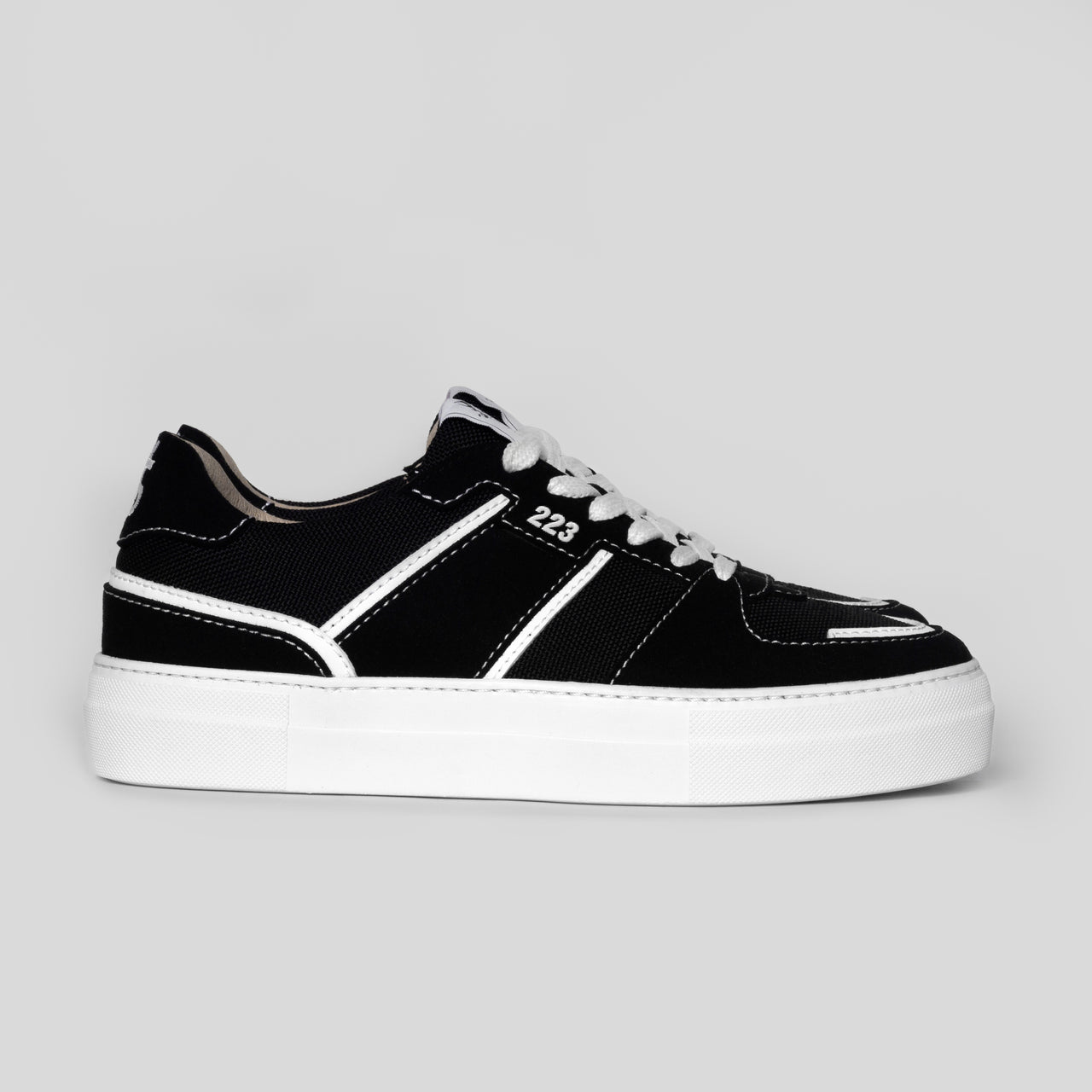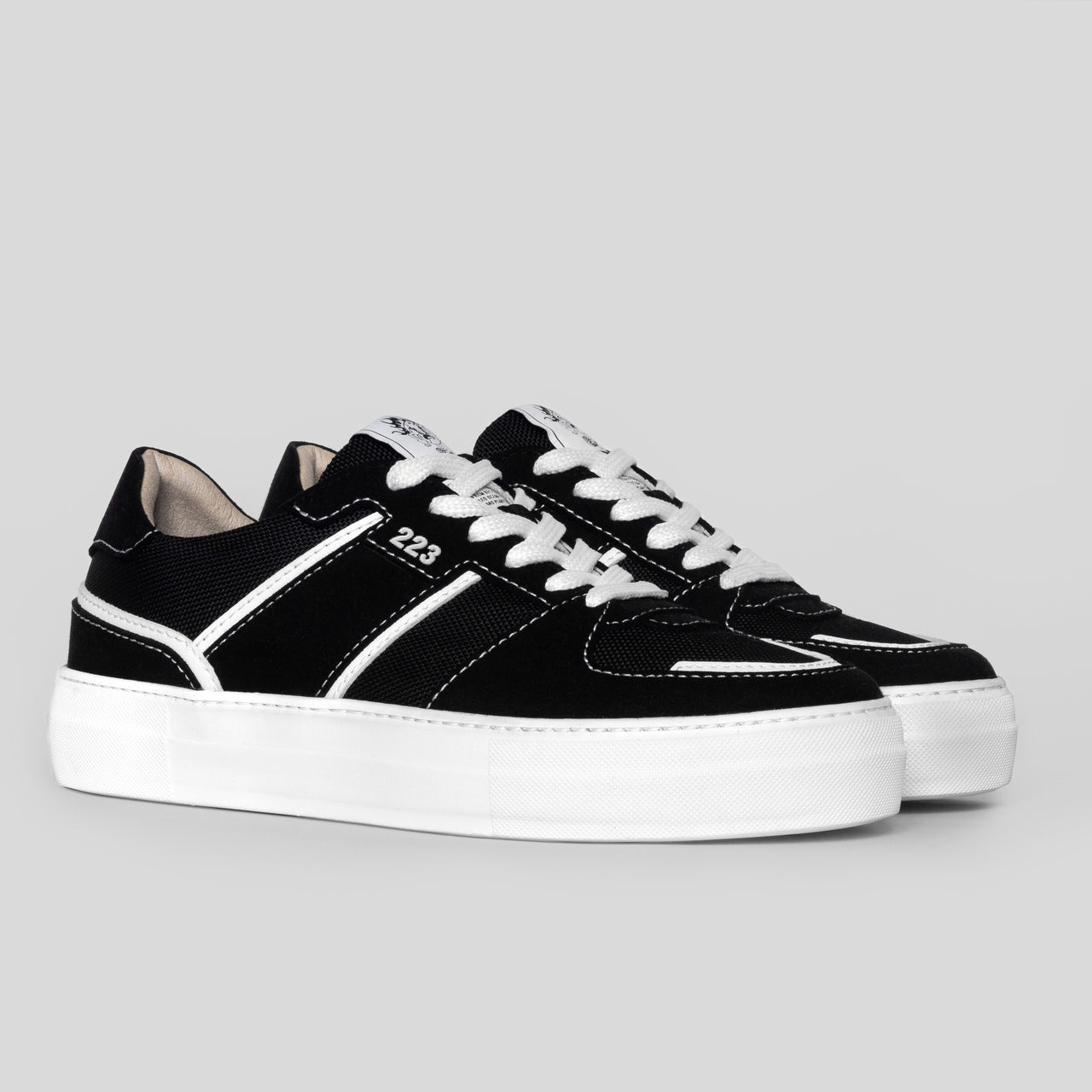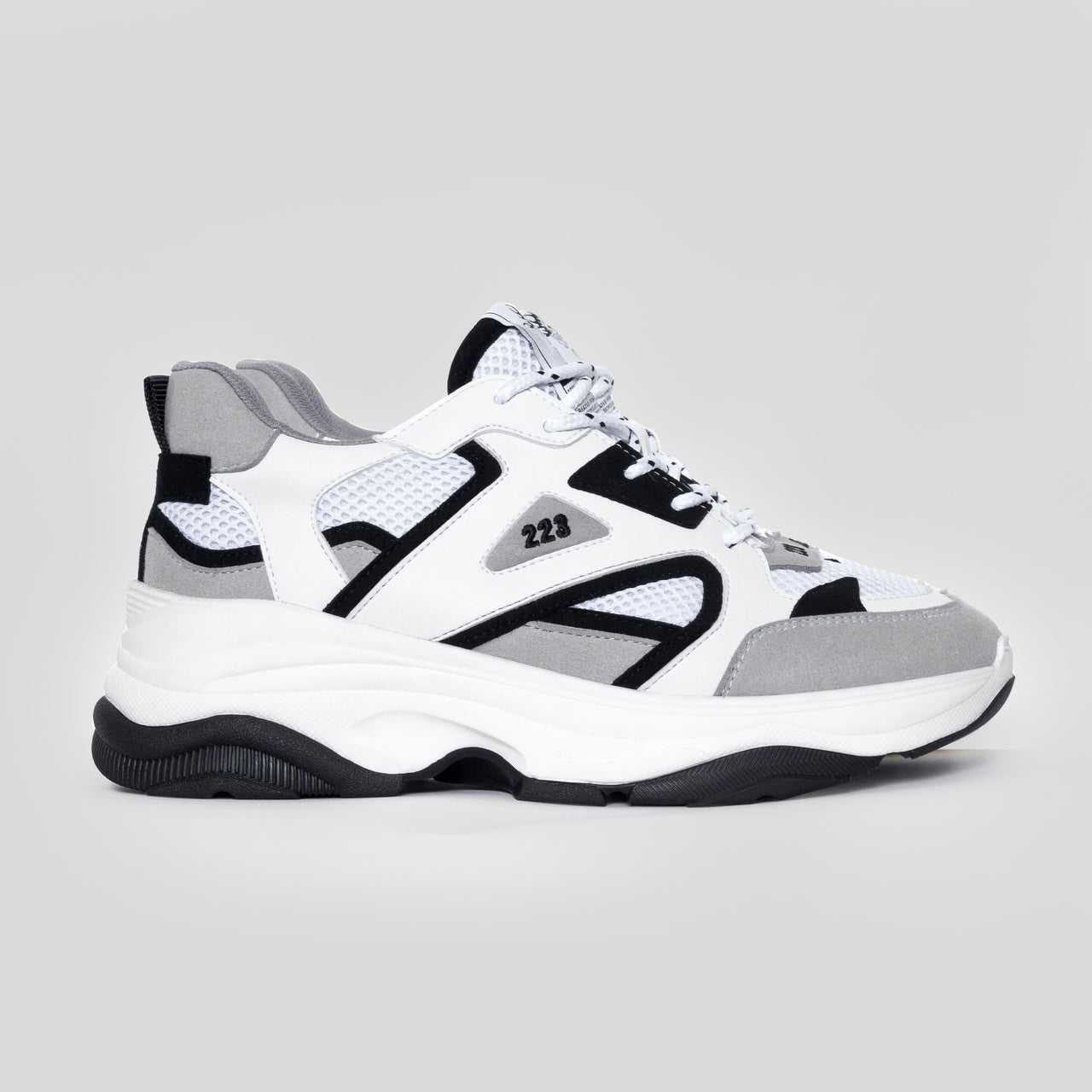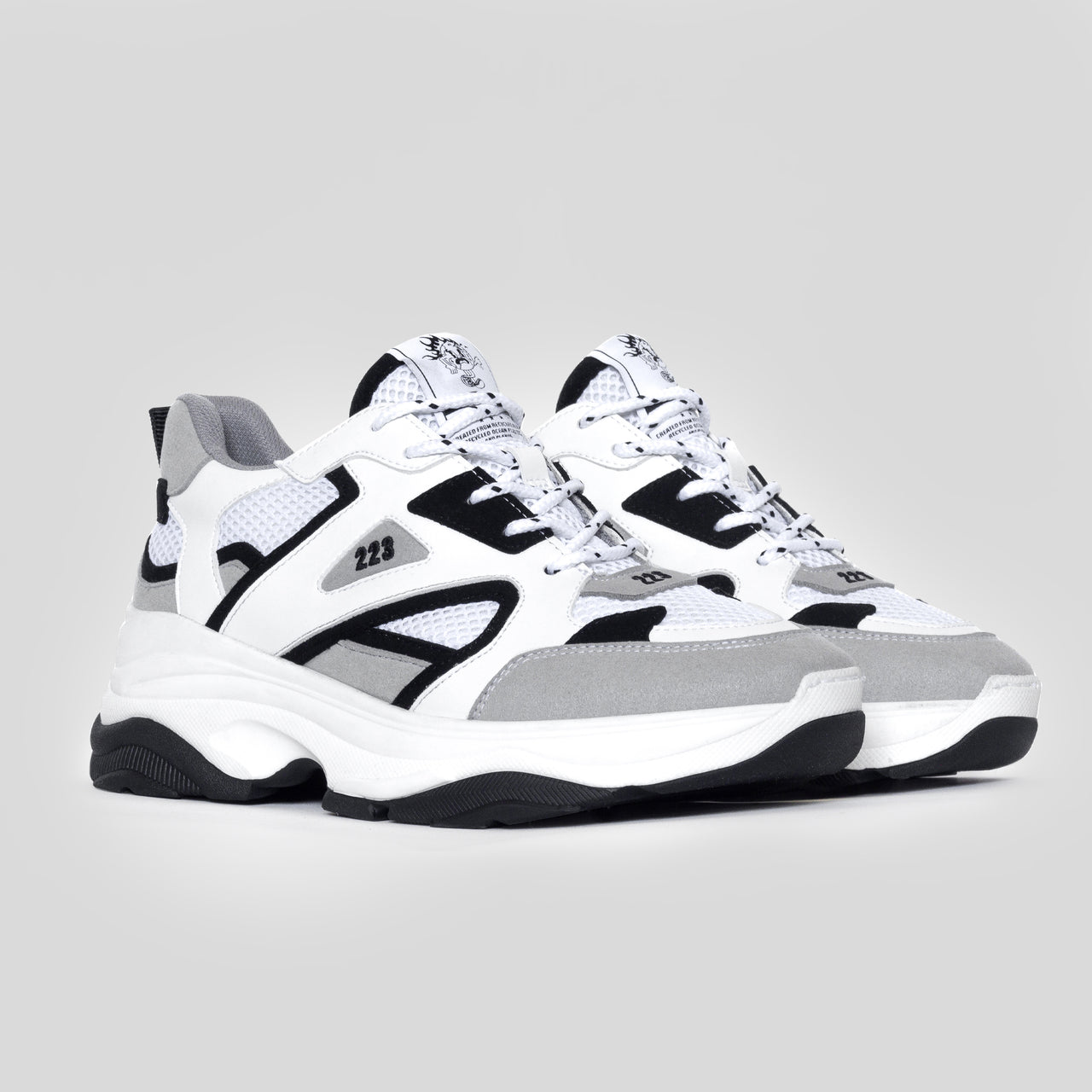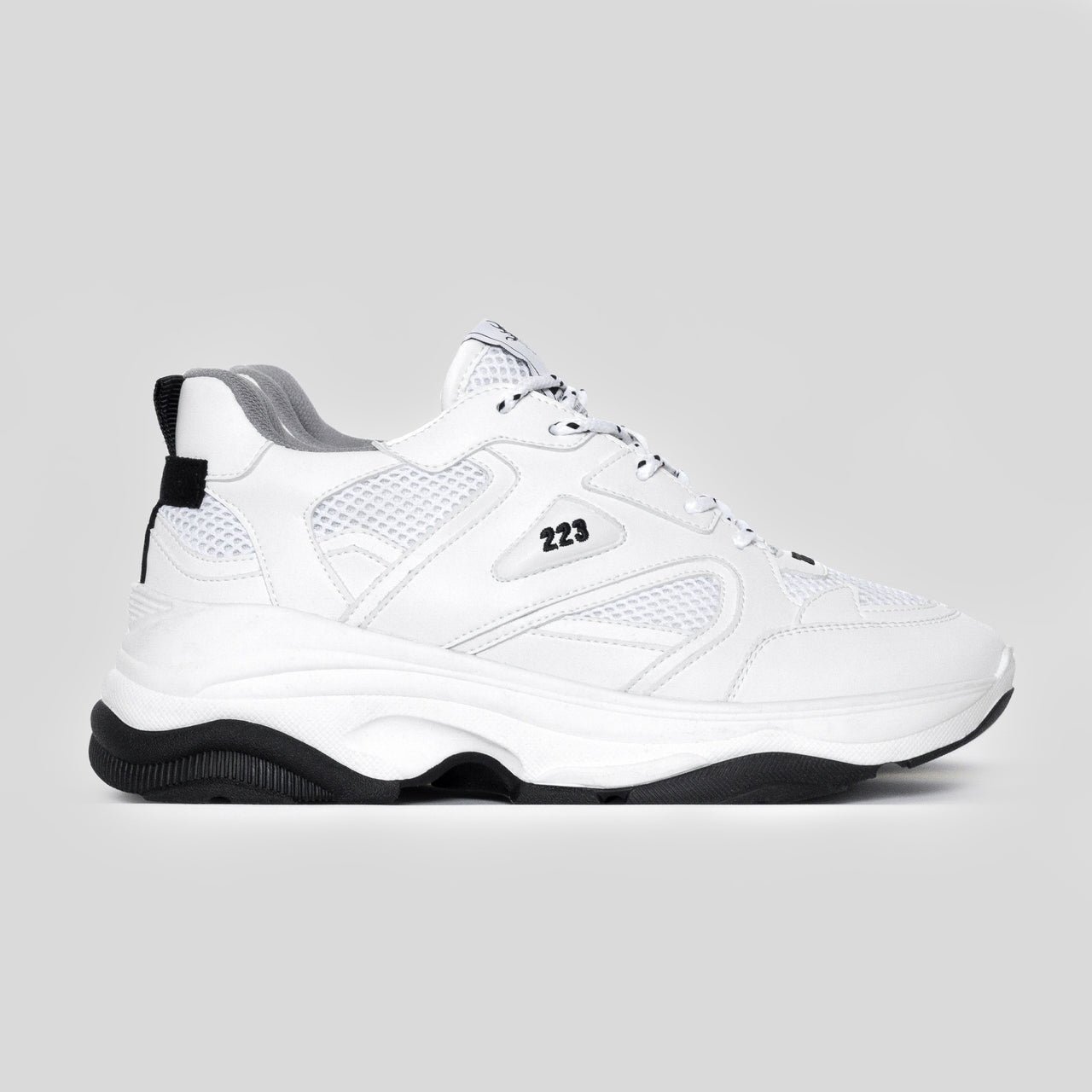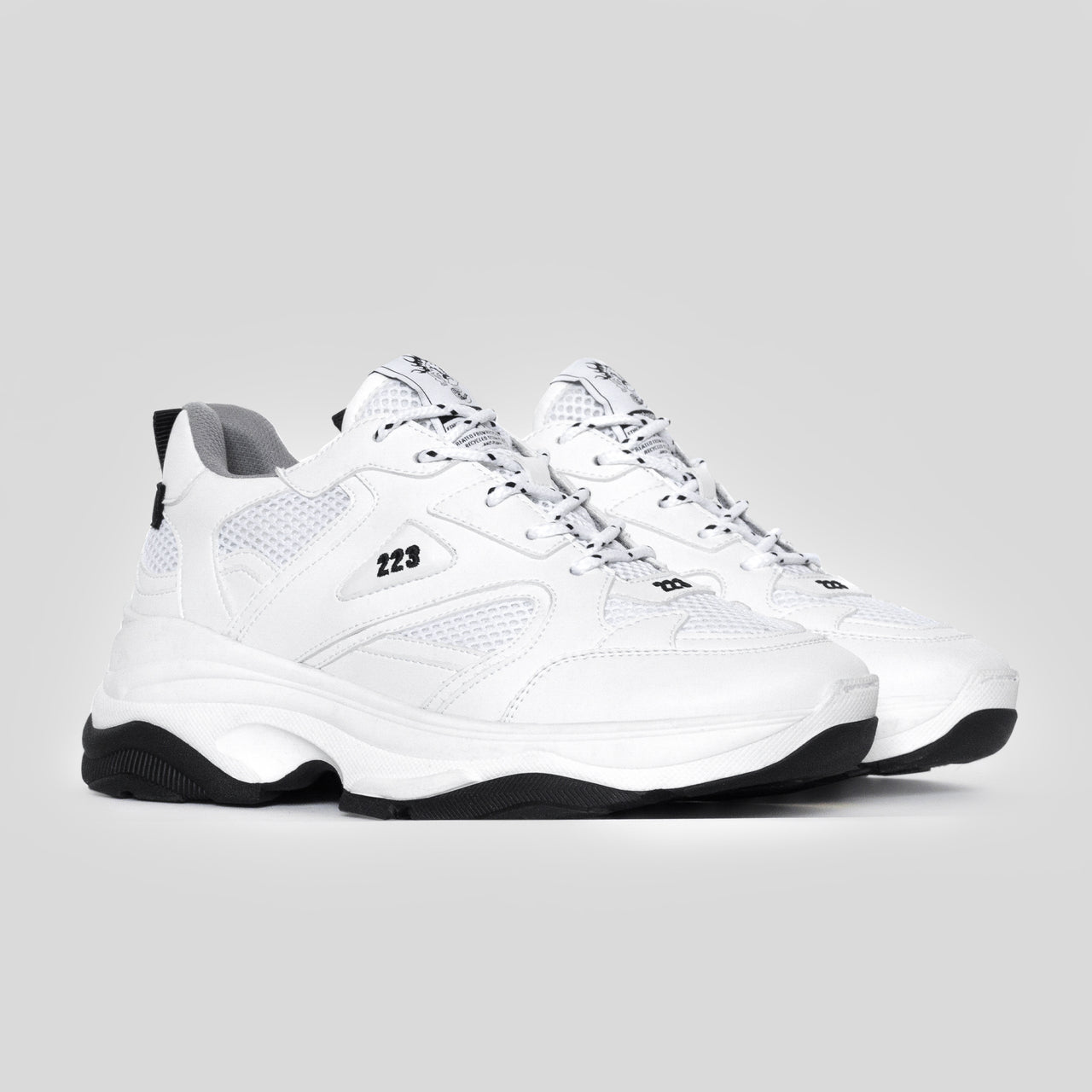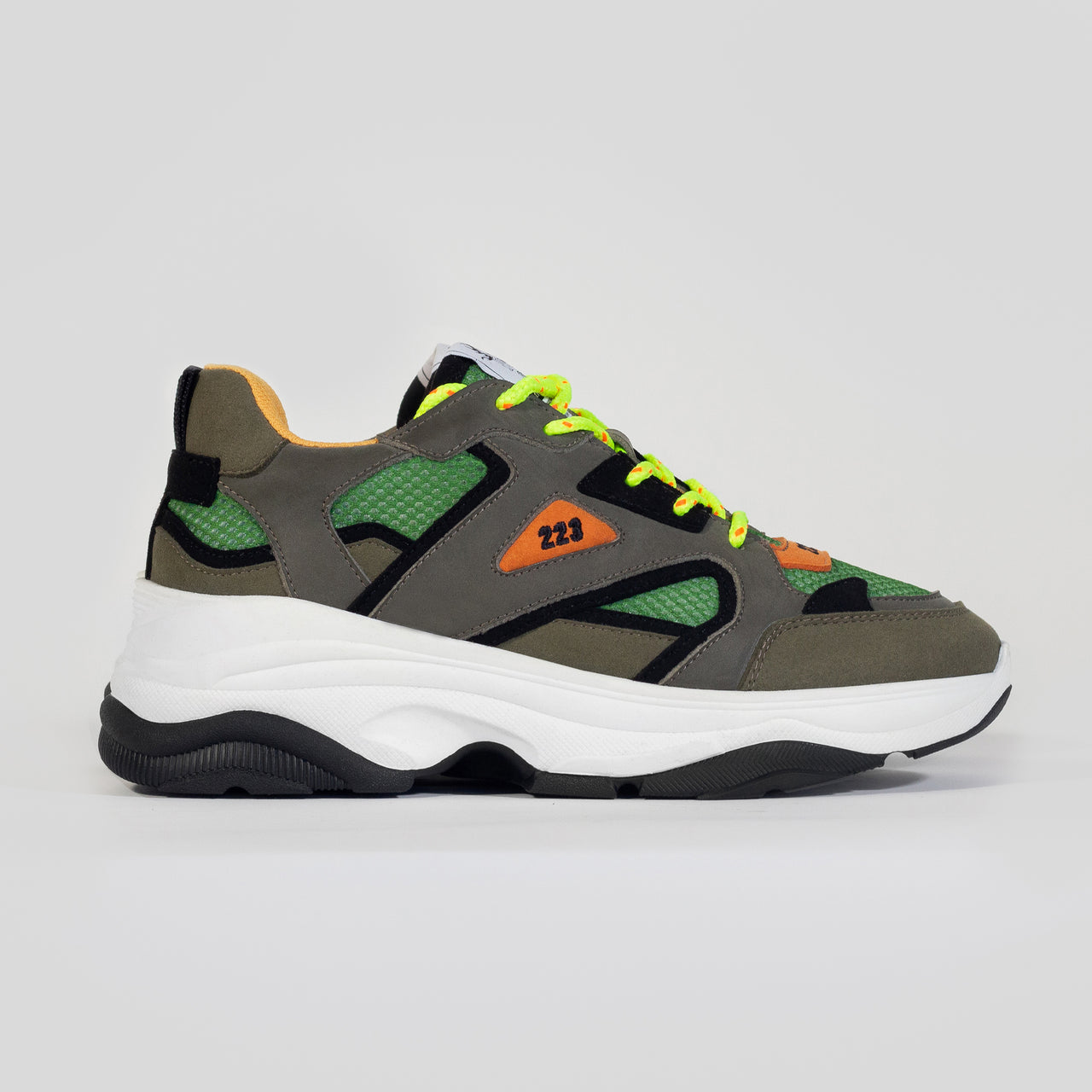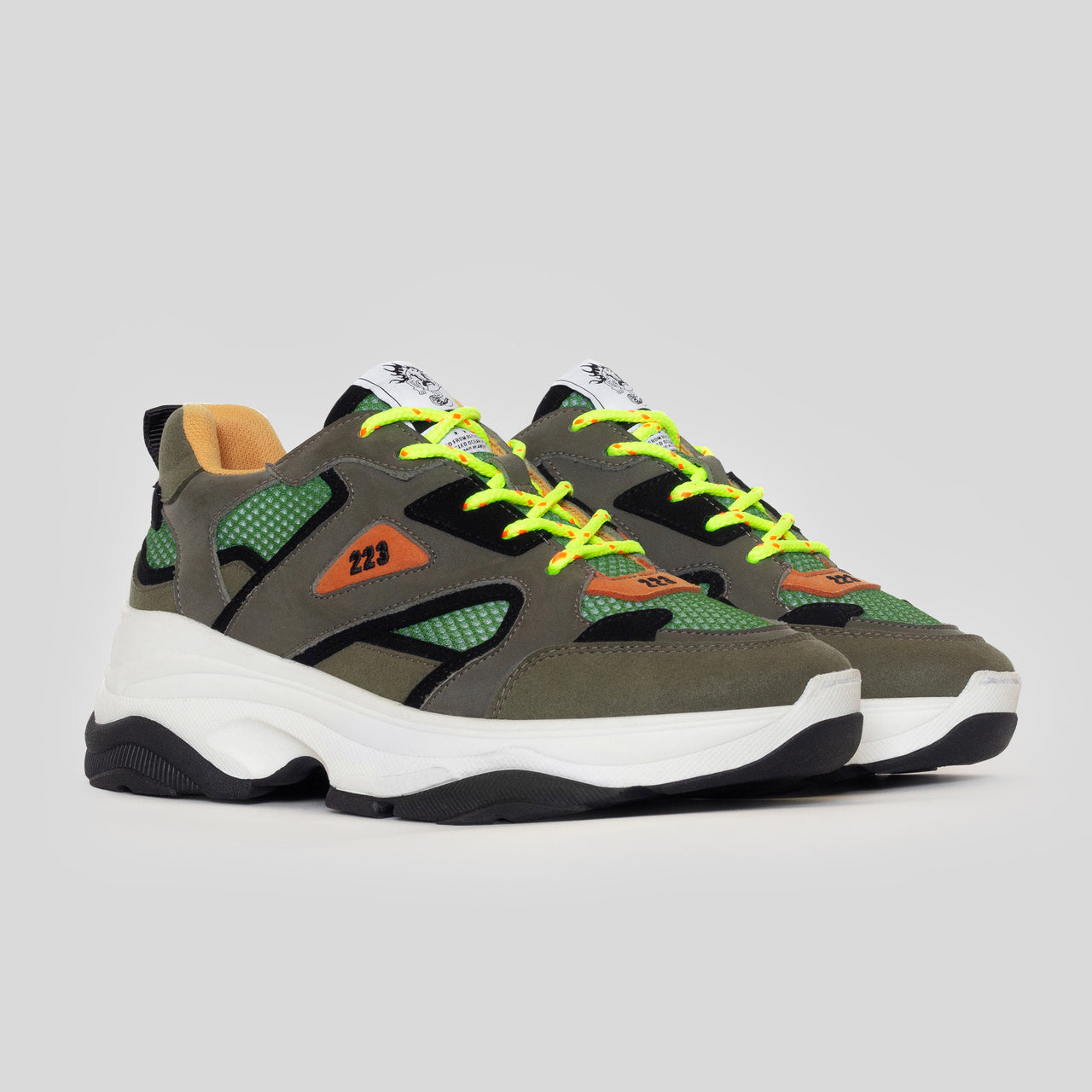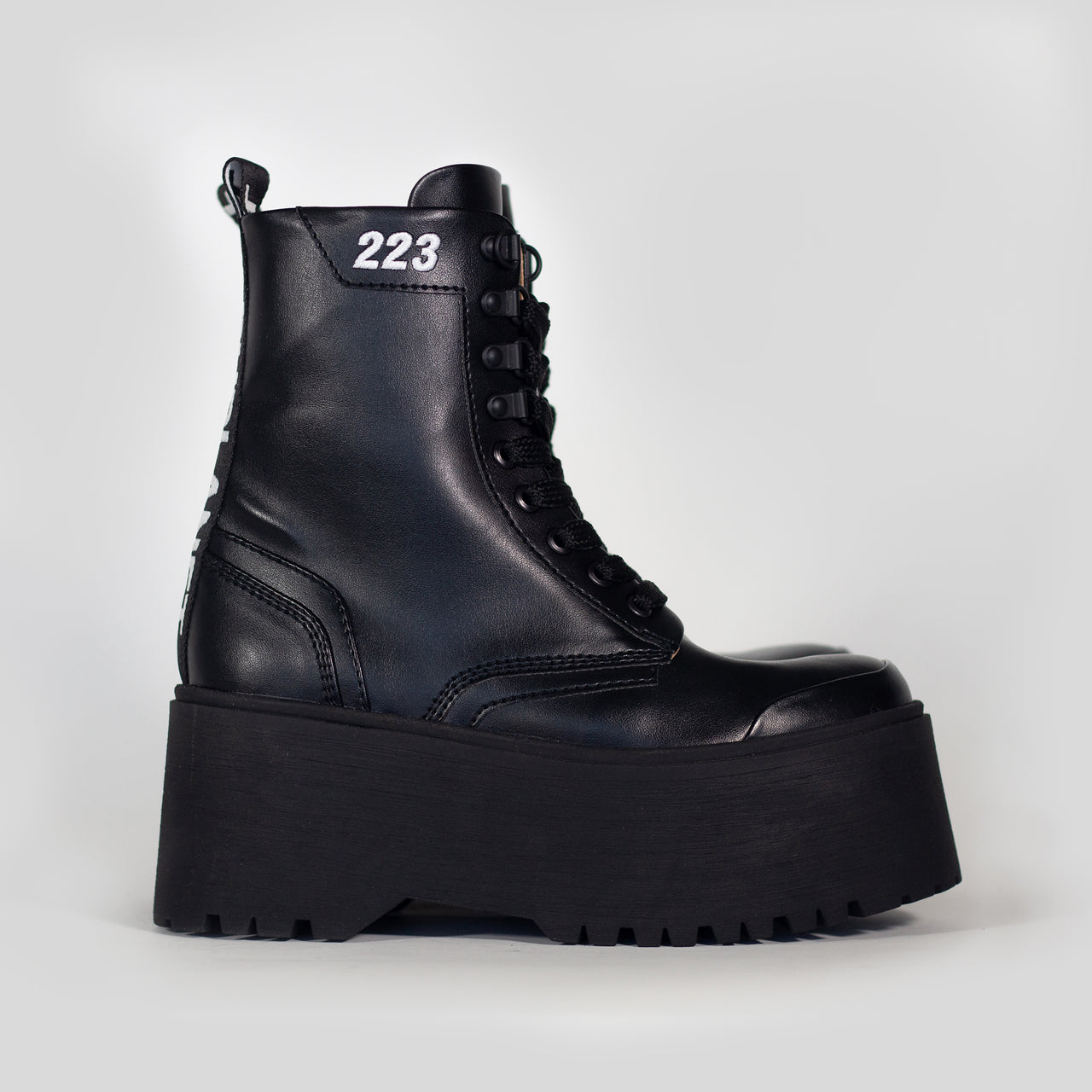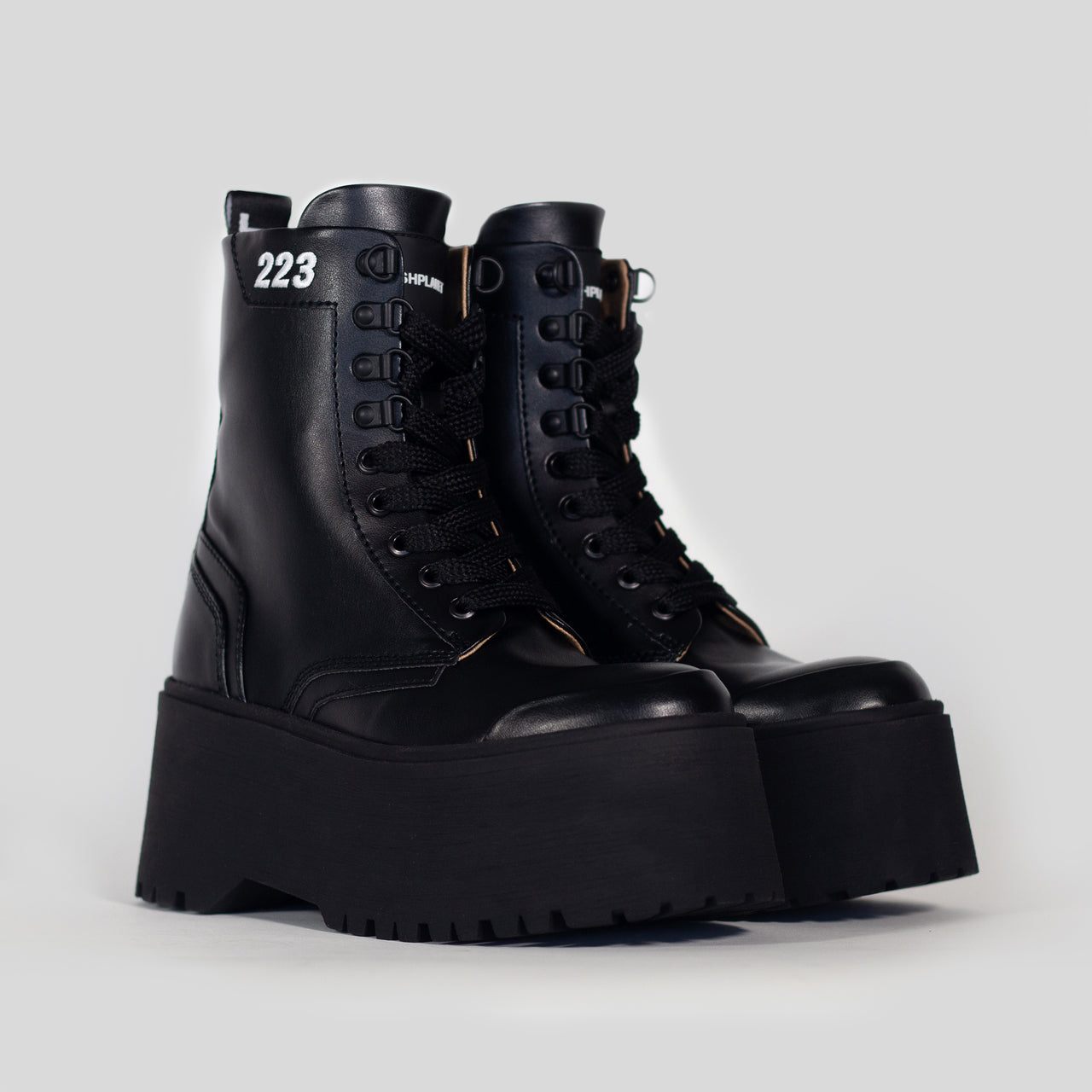SHEIN: THE WORLD'S MOST GARBAGE FAST FASHION COMPANY
So by now you may (or may not have) seen the recent investigation into the fast-fashion retailer: SHEIN. Shein is a Chinese online fast fashion retailer, founded in 2008 by Chris Xu, labelled as a 'mysterious billionaire founder' by The Guardian.
According to a report from Bloomberg, Shein has flew to a $100 billion dollar valuation within a decade and this year it was valued at more than Inditex (the owner of Zara) and H&M. Combined. And it's continuing to expand gloablly as it puts its claws into Europe through pop-up stores.
So what's the deal? Shein is well known for stealing designs, violating human rights, evading tax and promoting overconsumption through fast fashion - just to name a few.
Yet, in 2020 Shein made nearly $10 billion - so how does this company continue to grow through all this controversy - and whilst our planet continues to heat up due to the impact of climage change?
Here's why...
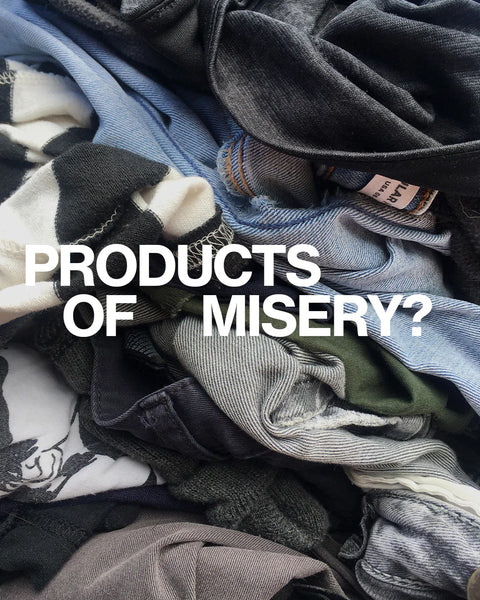
IT'S A LOW COST AT A HIGH PRICE.
Ironically Shein "希音" literally means "sound of hope". Yet the majority of products Shein sells online are below $15. Dresses even start at $2. How do they get products that cheap? It's through inhumane treatment of people and complete disregard for the future of our planet and the people on it.
But it's not hard to see why the company has blown up across social media as they pay influencers to glamourise overconsumption through hauls as bargain-hunters chase the neverending (and ever-faster) treadmill of the 'latest looks' at prices *that just don't make sense*
Quite depressingly, in May 2022, the company was the most visited apparel website in the world, doubling the share of visits of H&M and the company is also the leading brand on TikTok by number of mentions.
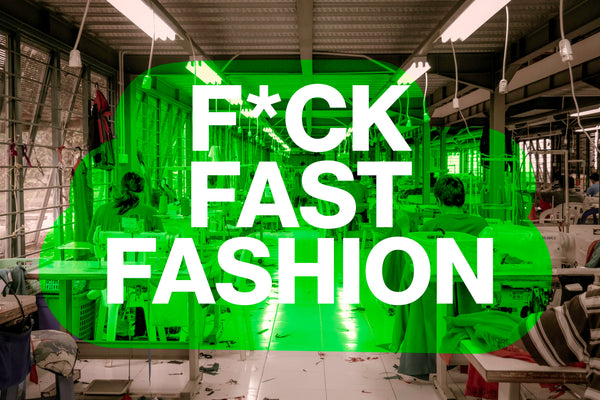
THIS IS HOW SHEIN "TREAT" THEIR EMPLOYEES
Short term profitability before basic human rights and sustainability:
• Shein's employees are forced to work 18 hours per day - minimum
• Employees only get 1 day off a month and individuals are often seen washing their hair in the work sink as they do not have enough free time to do this at home
• Workers are fined up to 2 thirds of their wages if they make a mistake whilst assembling garments
• The first month wage is withheld from the workers in their probationary period
• Some employees are contracted to make a minimum of 500 garments a day, and aren't allowed to clock off until these pieces are finished - amounting to around 3p per item. Some stay late into the night to earn additional overtime of 2p per item

1. BUY. WEAR. THROW.
2. BUY. WEAR. THROW.
3. BUY. WEAR. THROW.
Shein has been dubbed the most manipulative fashion website. It uses questionable tactics online to entice people to buy: think countdown timers, trending stickers, free gifts for reaching a certain order threshold.
All of these are dubbed "dark patterns" are used to get people to buy faster - and buy more than they need.
Yet shoppers aren’t leaving fast fashion behind - and that's likely due to fast fashion becoming a new form of addiction, which is being promoted and driven through this online marketing activity and design choices, alongside super low prices and constant turnover of new products.
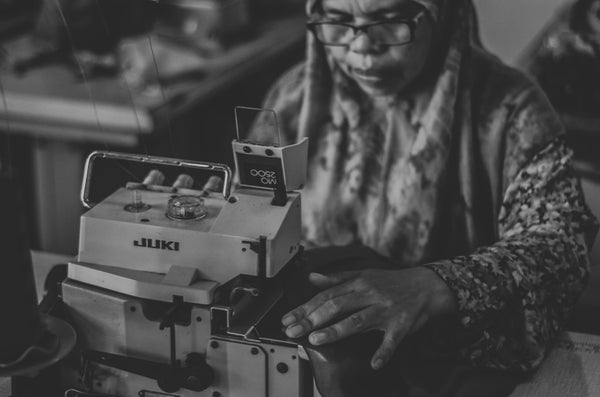
WHAT CAN WE DO ABOUT IT?
Well this really highlights how unethical the fashion industry can be. But we're all aware of that now - so really it's time for smaller brands such as Trash Planet to drive the change that we need.
How? By supporting smaller, ethical factories, where workers are paid and treated fairly for the awesome work that they do.
